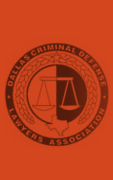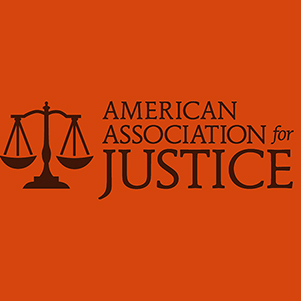 Crimes like murders and assaults might grab the most headlines. But if you’re wondering what crimes are the most “popular,” look no further than drugs. That’s certainly the case in Texas, where drug possession or drug trafficking top the arrest lists.
Crimes like murders and assaults might grab the most headlines. But if you’re wondering what crimes are the most “popular,” look no further than drugs. That’s certainly the case in Texas, where drug possession or drug trafficking top the arrest lists.
According to the Texas Department of Public Safety, police in Texas made nearly 90,000 drug-related arrests in 2020 alone. While about five in six of those were possession-related, about 14,000 were arrested for sales and manufacturing charges. That means police made more arrests for drug trafficking than murder, manslaughter, robbery, and motor vehicle theft combined.
But what are the differences between drug trafficking and possession? Let’s review what they are and how they might impact you if you are facing drug charges.
The Basic Difference
On the surface, the difference is obvious. Possession means that you simply have the drug on your person, in your vehicle, or in your house. Especially in lower-level possession cases, it can be evident that those who are facing charges intended to use the drugs themselves. Trafficking means that you are looking to distribute the drugs to other people.
If You’re Trafficking, You’re Also in Possession
The Texas Controlled Substances Act establishes Texas’s drug crimes. If you’re caught with drugs, you’re likely to be charged with possession. But if you’re caught with more than you might be able to consume yourself, you could also face trafficking charges.
But it’s not just the amount of drugs that can add a trafficking charge to a possession charge. Let’s say that while the police are arresting you, they find evidence of items that might be used to distribute drugs, like scales and small plastic baggies. That evidence could support drug trafficking charges against you, even if you’re not caught with a large amount of drugs.
The seriousness of the charges will depend on what drugs you’re caught with as well as the amount. But, generally speaking, trafficking is a greater offense in Texas than possession.
Misdemeanor or Felony?
 Texas law considers possession of small amounts of marijuana to be misdemeanors rather than felonies. Once you get up to a certain level, though, you’re looking at felony charges.
Texas law considers possession of small amounts of marijuana to be misdemeanors rather than felonies. Once you get up to a certain level, though, you’re looking at felony charges.
Here’s how it stacks up if you’re caught with pot:
- Two ounces or less: Class B misdemeanor
- More than two ounces, up to four ounces: Class A misdemeanor
- More than four ounces, up to five pounds: State jail felony
- More than five pounds, up to 50 pounds: Third-degree felony
- More than 50 pounds, up to 2,000 pounds: Second-degree felony
- More than 2,000 pounds: punishable by imprisonment in the Texas Department of Criminal Justice for life or for a term of not more than 99 years or less than five years, and a fine not to exceed $50,000
Other drugs are grouped together in what Texas calls “penalty groups.” If you are in possession of heroin, that’s part of Penalty Group 1, and even having less than one gram is a state jail felony. Having more than one gram but less than four grams constitutes a third-degree felony. If you’re found with a larger quantity than that, the charges graduate to second- and first-degree felonies.
What Is a Drug-Free Zone?
In Texas, the areas around schools, playgrounds, and youth centers are protected by drug-free zone laws. For example, because the drug-free zone around a school is 1,000 feet in all directions, if you are arrested for possession inside that 1,000-foot perimeter, drug-free zone laws will apply to you.
Drug possession or trafficking convictions from incidents in drug-free zones will incur additional jail time and fine amounts, depending on the crime or crimes. As you can imagine, many people violating the drug-free zone law don’t realize they’re in one when they’re arrested. That includes people in their own homes who aren’t aware that a school or youth center exists within that 1,000-foot radius.
How to Proceed if You’re Facing Drug Charges
Drug charges in Texas, whether for possession or trafficking, are serious business. If you’re looking for a Dallas drug offenses lawyer to defend you, call the Law Offices of Mark T. Lassiter at (214) 845-7007 today so we can get started on your case.
We know that even “minor” drug offenses can result in jail time and fines that could greatly impact your life. We also know that having an effective lawyer on your side could make a significant difference in how your case goes.
A lawyer with the Law Offices of Mark T. Lassiter could work to help you avoid or reduce the worst possible consequences of your charges. You could have a better chance of receiving a lighter sentence, being acquitted, or even having your charges dismissed before they go to court with a lawyer from the Law Offices of Mark T. Lassiter on your side.








